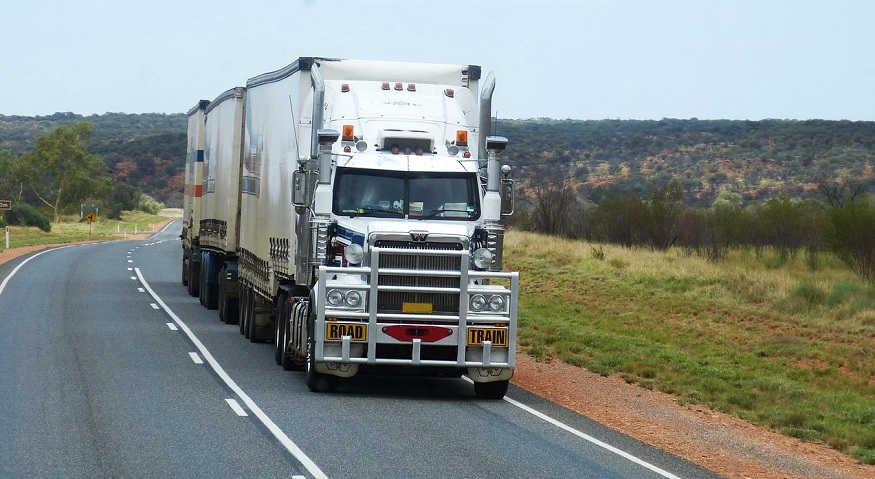
A future with fuel cell transport trucks relies on industry adoption
November 12, 2020The big rigs are being developed and rolled out, but it’s up to the trucking industry to take part.
As the trucking industry proceeds through a period of volatility, it will become the deciding factor with respect to the successful adoption of fuel cell transport trucks, said an Automotive World report.
Strong policies are being implemented in many parts of the world which encourage H2 adoption.
The European Clean Hydrogen Alliance is a significant example of the changes that have occurred this year, as it was launched in July. European lawmakers looked to the lessons learned during the 2008-2009 financial crisis and determined that funds spent on economy support throughout the current COVID-19 crisis must be used more efficiently. As the world is already facing a climate crisis, controlling greenhouse emissions such as CO2 presented an opportunity with substantial potential for rebuilding.
This helps to explain why fuel cell transport trucks have suddenly and quite rapidly made their way into the headlines as many companies in several regions of the world have made them their priority. Officials are focusing on using the battle against the climate crisis to help the European industrial ecosystem to recover within a hydrogen-based economy.
The alliance has drawn substantial interest, but fuel cell transport trucks will depend on the industry.
At the same time that Europe is drawing interest, but it’s important to understand it on a global scale. Other regions of the world that have invested in hydrogen technology include China, which has been pouring money and resources into it as the leading long-haul renewable energy technology for transportation for a while. Japan and Korea have also made considerable investments into this tech. In the United States, the investment hasn’t been national as much as regional within the country.
For instance, California recently passed its Advanced Clean Truck (ACT) regulation, in which there will be zero-emission truck quotas starting in 2024, moreover federal legislation has not been widely available for a state or nationwide carbon-neutral economy transition.
As much as resources, programs and advancements are becoming more widely available,  widespread use of hydrogen fuel cell transport trucks rely on the industry’s willingness to use these vehicles.
widespread use of hydrogen fuel cell transport trucks rely on the industry’s willingness to use these vehicles.



 With over 15 years of reporting hydrogen news, we are your premier source for the latest updates and insights in hydrogen and renewable energy.
With over 15 years of reporting hydrogen news, we are your premier source for the latest updates and insights in hydrogen and renewable energy.